Date recorded: March 3, 2023
Listen on Itunes, Spotify, or Youtube.
CityVest - A platform providing accredited investors access to real estate private equity funds
If you enjoyed this, please SMASH that ❤️ and SHARE button! It helps me double-down on content you like. Thanks! 🙏
Hey friends 👋
Today we’re going to talk about investing in Real Estate, but not the traditional “buy a rental property and reap the benefits.” We’re instead going to explore the world of Real Estate Private Equity funds. It’s what the big boys - Blackstone ($326B AUM), KKR ($64 AUM), et all - do. They raise an extraordinary amount of capital from institutional investors, family offices, and ultra-high net worth individuals and deploy that capital on large deals.
Real Estate Private Equity Funds?
If you don’t know what private equity is, don’t worry, you’re not alone. Majority of us don’t. And even if we do, 99% of us have not had the chance to invest in it. But that’s changing!
In a nutshell, a private equity fund is a fund that raises a pool of capital privately from investors (not on the public markets, like the stock or bond market that most of us are familiar with). Since they raise capital privately, their investors typically need to be accredited investors.
A Real Estate (RE) Private Equity (PE) fund is a PE fund that specializes in investing in real estate projects. These funds invest in projects, such as office buildings, multifamily, hotels, retail centers, etc. RE PE funds will typically, but not always, identify an undervalued or distressed property, add value through improvements or management, and then sell the asset for a profit in the future. RE PE funds tend to have a long-term investment horizon with investment periods ranging from 5 to 10 years.
For the longest time its been a members-only club for institutions and the ultra-rich. One reason is the accreditation requirement. But the predominant reason is because real estate is a large asset class (in fact, the largest) and so doing large deals requires a lot of capital. It is better for someone raising a fund to focus on getting large checks from a few people, instead of getting few checks from a large number of people. The latter could turn into an operational nightmare with all the checks and balances required.
So why is real estate private so sought after? The biggest reason is it has what every investor is looking for - enhanced returns! Investing in real estate private equity funds has all the benefits of real estate investments, such as appreciation, cash flow, tax benefits and leverage, but with private equity funds you get the added benefits of:
Diversification, which is built into the fund as the fund will deploy capital across multiple deals
Bargaining power, because they have the might of a large amount of capital at their disposal
An experienced investment team, whose sole purpose is to pick deals that maximize returns
Preferred returns*, that help align investment team incentives to investors’ incentives
*A preferred return in private real estate investing is the minimum return an investor must receive before an investment manager can earn a performance fee. The preferred return is typically between 6% to 9% in real estate investing, depending on the risk of the investment. You can think about this as an interest payment on your money as it accrues in the same way, but it is not a guaranteed payment.
This helps align the interests of the real estate manager with those of the investor. Because of this, real estate managers are incentivized to be efficient with cash and return capital to pay down the preferred return as quickly as possible so they can begin to share in the upside. A sensible real estate manager will not undertake a project if they don’t believe they can significantly outperform the preferred return.You’re probably thinking “that’s great n all, but don’t I need a TON of money to be eligible to invest in Private Equity funds?” You’re right, the minimum investment amounts are typically $250,000 or $500,000 depending on the fund. Over the last ten years, however, things have started to change. Advances in technology and changes in regulation have lead to a wave of online platforms that are making a plethora of investment products more accessible.
Today’s episode
CityVest is one of the platforms making Real Estate Private Equity funds more accessible to retail investors at a lower investment minimum of $25,000. You still have to be an accredited investor, but you don’t have to have as much capital as you’d need historically.
In this episode, I sit down with Alan Donenfeld, the CEO of CityVest to learn more about investing in real estate private equity funds. CityVest gives accredited investors access to vetted real estate private equity funds at lower minimum investment amounts through their platform.
Alan has been in the financial industry for close to 40 years. He’s gone from working on mergers & acquisition (M&A) and private equity (PE) deals at investment banks, to running a broker-dealer and a hedge fund for a large part of his career. He’s been an investor in both public and private markets for longer than most of us have been alive. So listening to him talk about his experience, his conviction in real estate as “the best asset class,” and his advise to young investors was very educational.
I urge you all to watch the interview through the end as there are a number of hidden educational gems throughout this interview that benefited me, that I believe you will benefit from too.
CityVest Overview
Focus has been on multi-family in growing markets
Investment Terms:
12% Preferred Return
80/20 Split in Profits
Fees: 1.75% per year
Minimum Investment: $25,000
AUM: $50M
Track Record:
15 Feeder Funds
Funds have experienced high returns on paper because of the great real estate market over the past decade (10-75%), but only one has exited so far
Typical capital lockup period: 4 to 7 years often with 1-2 years extension
Only open to accredited investors
What you can expect in today’s episode
Why Alan started CityVest
Real estate investing options
Benefits of investing in real estate private equity funds
Overview of CityVest’s real estate investment platform
CityVest's due diligence process
CityVest's track record
Future outlook for CityVest and the real estate market
Alan's personal investing experience and tips
Future of portfolio diversification
Alan's thoughts on the accreditation barrier
It’s a great episode. Hope you enjoy it!
If you enjoy this post please like ❤️ , subscribe 🔔 and/or share!
Subscribed
For short-form content check out my twitter, linkedin and instagram.
If you’d like to give me feedback or just shoot the shit, DM me on twitter.

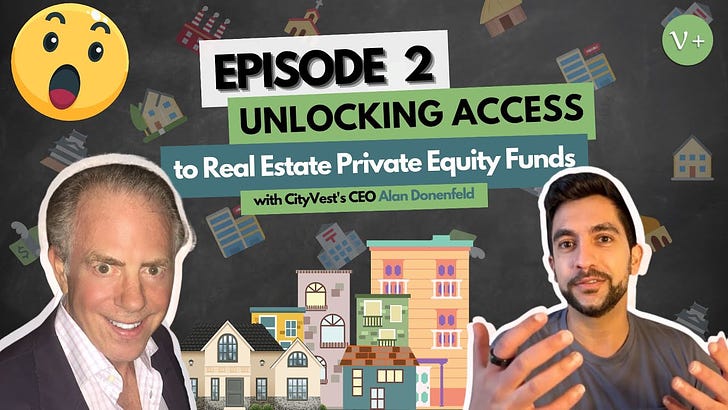


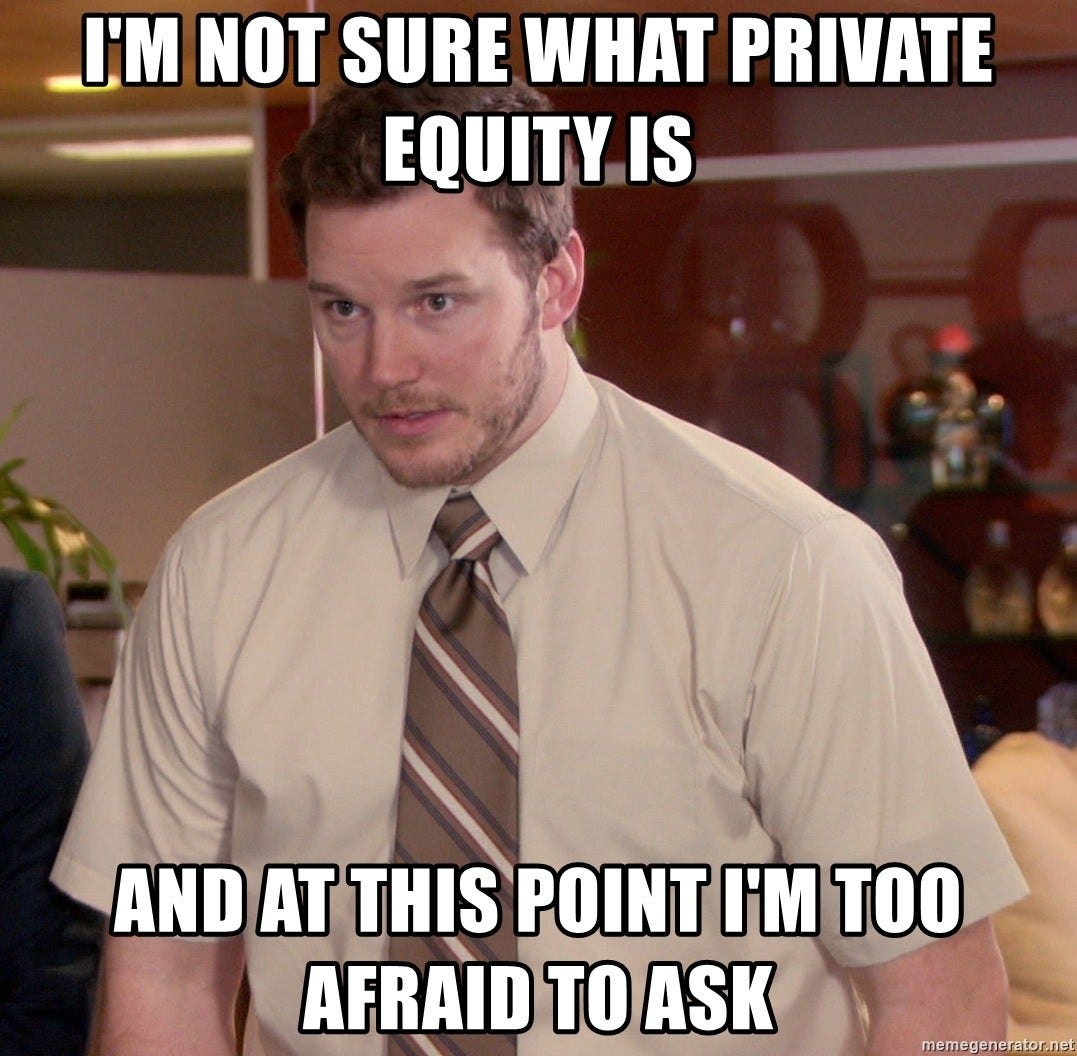



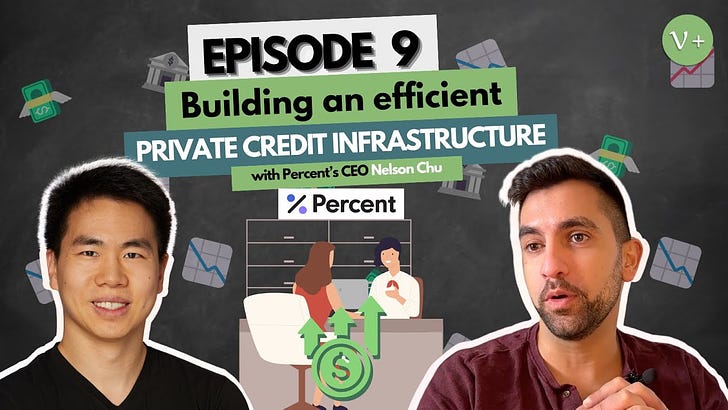
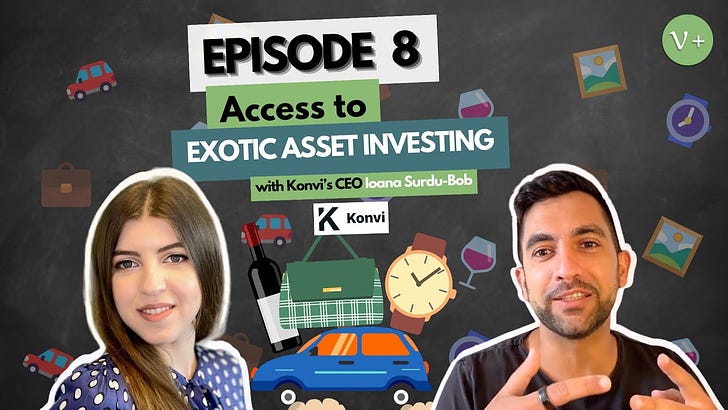
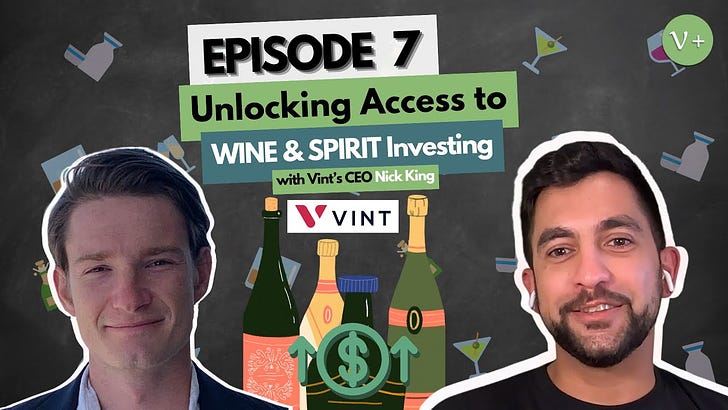



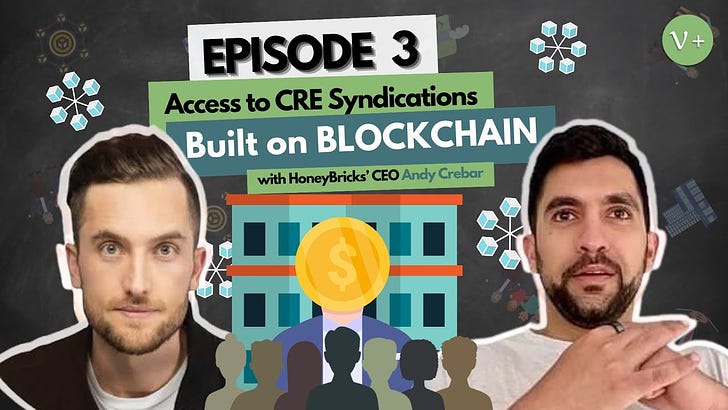
Alan Donenfeld: Increasing access to vetted RE PE funds